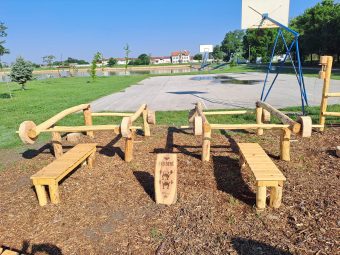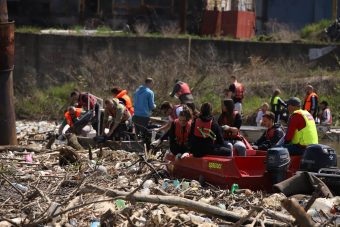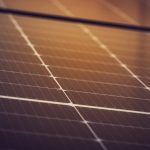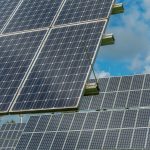
When people neglect to take care of their health, they also distanced themselves from nature. In the same way, neglecting nature inevitably endangers a person’s health. In a world where the awareness of this unbreakable bond is declining, there are individuals who, thanks to their knowledge and passion, do not allow this bond to fall into oblivion. During the pandemic and isolation, when we seemed to be the furthest from nature, Marko Ćirić, professor of sports, devised a way to reconnect us with nature. Marko comprehensively described the idea that brings multiple benefits in one sentence – “This is a circular economy project where, with the help of volunteers, we clean rivers, collect wood waste and give it a new life through a socially useful Eco gym”.
As a professor of sports and owner of a raft on the Sava River for over 40 years, he often organized river cleaning campaigns, but he did not know what he could do with the collected wooden waste. They used the separated waste to create decorations for the coast but without a clear picture of how they could use it. As Mr Ćirić explains, he focused his time during the pandemic on research, which helped him find the connection between his primary occupation and his love for the river. After devising the initial idea, he assembled a five-member team to implement the concept together with him.
“We had no idea how many challenges would be ahead of us. In August 2023, we became a part of the UNDP EU project for the Green Agenda in Serbia, during which a public call to submit innovative solutions related to the circular economy was launched. With their help, especially Ana Mitić and Tatjana Jovančević, we started to develop a project”, says our interlocutor.
Some of the challenges the team faced were the technical drawings and statics of all devices, the acquisition of the necessary documentation, and the design of the gyms. They paid special attention to safety by obtaining safety certificates from the IMS Institute, patenting, securing copyright rights, promoting, and other related activities.
IN FOCUS:
- Accelerated Growth Trend of Solar Capacities
- The RES SERBIA 2024 Conference Announces new Investments for a Greener Serbia
- Organela – The Harmony Of Clean Energy and Organic Agriculture

The entire process of creating an Eco Gym consists of several stages. Depending on the chosen location, the team finds a river nearby and conducts a cleaning campaign at least once a month. The collected waste is sorted, and most is used for recycling. Branches and trees are transferred to the dryer and workshop. PET packaging, which is also collected, is sorted and taken to recycling centers, and the collected bottled caps are transported to the Čepom do Osmeha organization in Novi Sad. About 10 per cent of the waste wood is used to make the equipment, which is then coated, while the rest is used to make a floor for the gym. In this way, the entire process of circularity is completed, with no leftover waste and where each part has its purpose. After all the segments are made, they are transported to the selected location and assembled into the Eco Gym, which consists of 13 pieces of equipment. Eco Gym has equipment to exercise the whole body, designed so that several muscle groups can be worked on one device, and you can add extra weights. This gym is intended for a wide range of users, from high school students to senior citizens. Some of the equipment available includes eco squat, eco deadlift, eco bench, eco decline, eco stretch and others.
So far, three Eco Gyms have been built and installed. In cooperation with UNDP, the world’s first gym of this type was opened in Vršac in June 2023. Antoine Avignon opened the gym in front of the European Union, the Embassy of the Kingdom of Sweden, the UNDP delegation, and representatives of the Vršac government. The other two gyms are located in Zlatibor and Sokobanja.
Prepared by Katarina Vuinac
Read the whole story in the new issue the Energy portal Magazine AGROSOLAR ENERGY AND RES.





